Care management can have profound impacts on patients, healthcare providers, and the healthcare system...

Improved Patient Outcomes: Care management focuses on overall wellbeing and can lead to better health outcomes as it ensures treatments are not done in individual silos but approached in a coordinated manner.

Cost Savings: By avoiding unnecessary interventions, tests, and hospital admissions, patients under care management can lead to significant savings in costs.

Patient Empowerment: Care management approaches often involves educating patients about their conditions, treatments, and self-management techniques — this knowledge empowers patients to take an active role in their healthcare.

Whole Person Healthcare: Patient's needs are not just medical as they may need social services, mental health support, or other types of assistance. By coordinating these services, care management ensures the patient's overall well-being.

Reduced Hospital Readmissions: Patients are less likely to be readmitted to the hospital after being discharged due to better follow-up care and improved adherence to treatment plans.

Enhanced Quality of Life: Patients often experience an enhanced quality of life as their health is better managed and their needs are addressed more holistically.
Efficient care management teams see amazing results:
- Total medical expenditures of high-need, high-cost Medicaid patients reduced by 37% and inpatient utilization reduced by 59%
- 41.5% reduction of emergency department usage by chronic obstructive pulmonary disease (COPD) patients
- Reduction of emergency department treat-and-release visitations from 365K to 296K
- 86% lower readmission rates for ambulatory patients, 42% fewer readmissions of total patient population over 30 days, and a $488 reduction in hospital costs per patient over 180 days on average
But enrollment into care management programs can be challenging...
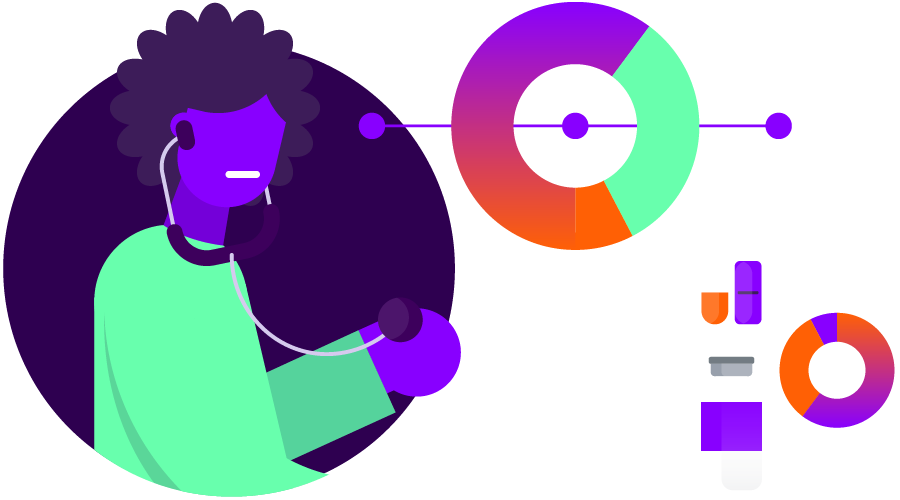
Interventions are conducted based on provider’s clinical judgement, EHR alerts, predictive analytics, from referrals, or on patient request
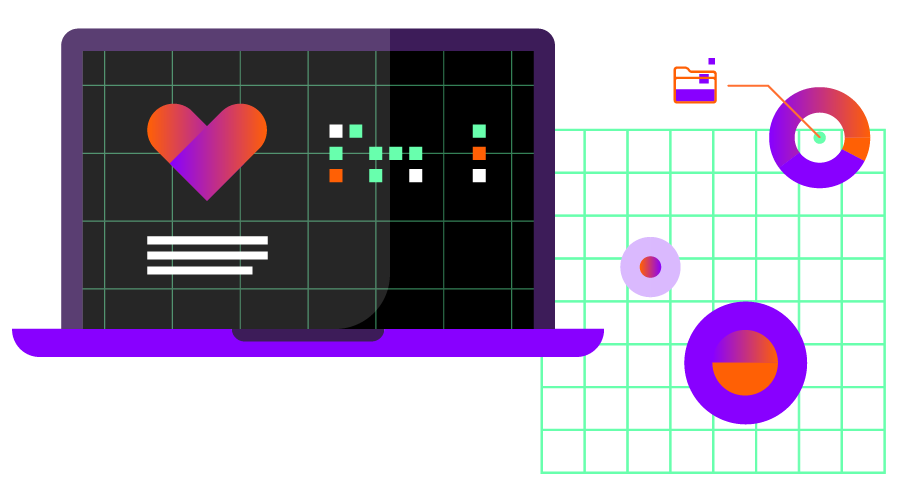
Social determinants of health data is critical to identify patients for interventions, but collecting the data is challenging
While resource shortages inhibit care management implementation...

As the US is already experiencing healthcare worker shortages, the World Health Organization estimates the shortage grows to 10M by 2030
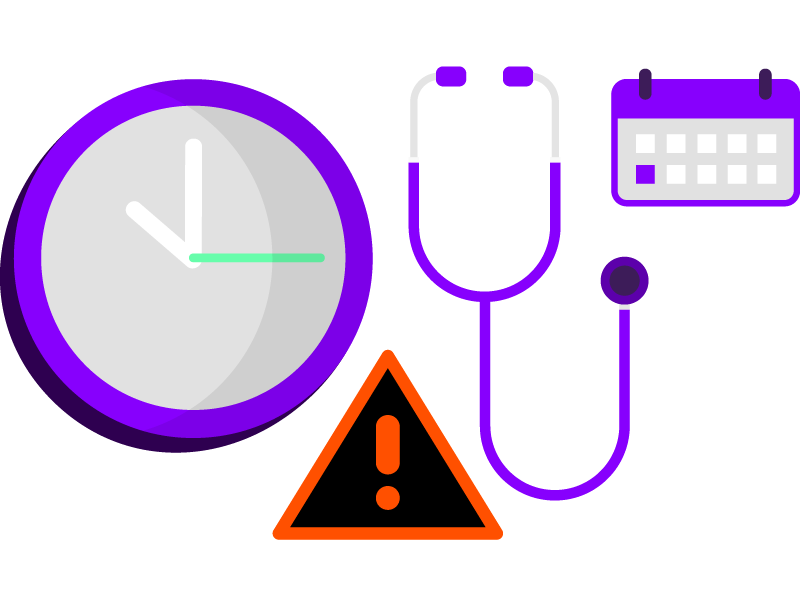
Providers already feel stretched thin from their workloads as 1-in-3 cited needing more time with patients and 1-in-4 cited needing more follow-up appointments
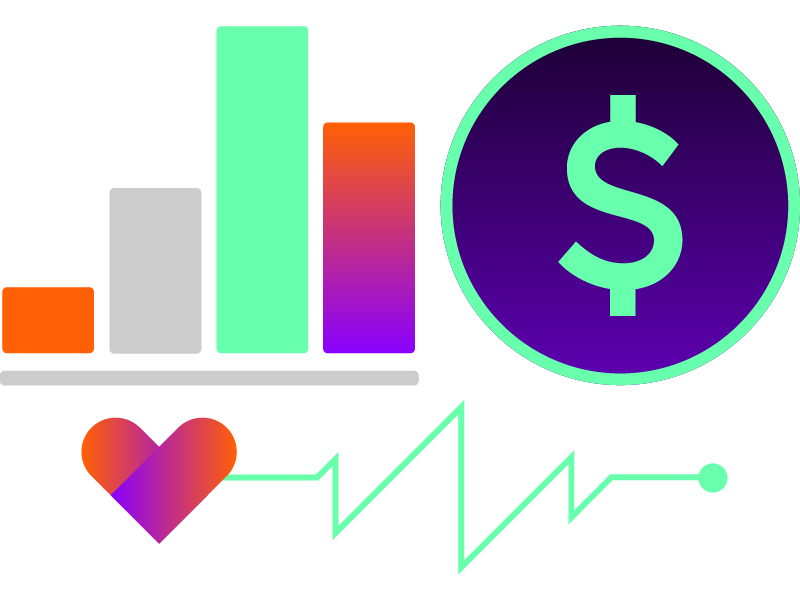
Healthcare organizations struggle to sustain the cost as 52% cited inadequate reimbursement and 35% cited capital constraints as the main barrier to adoption
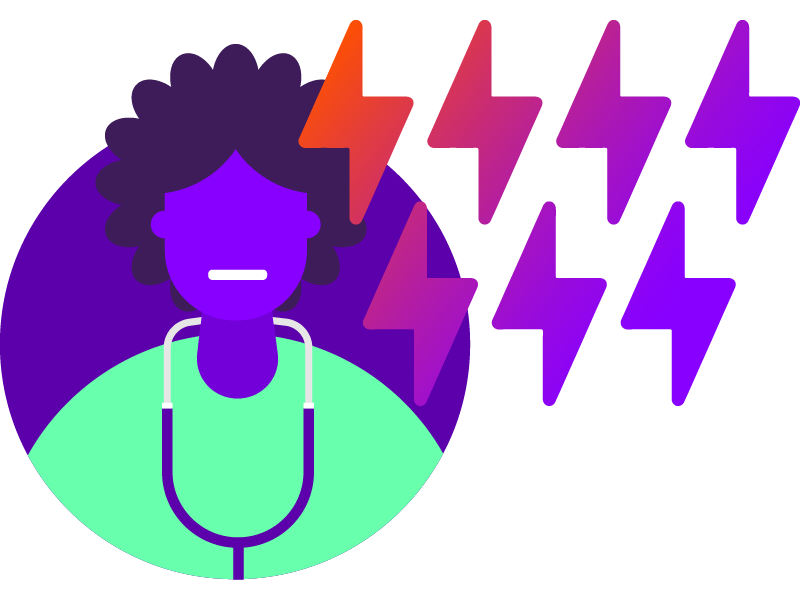
Healthcare workers are already feeling burnout with 62% of physicians and nurses reporting symptoms related to burnout
And disconnected systems create unnecessary burden on providers...
Care managers cited these obstacles to managing patient-related information:
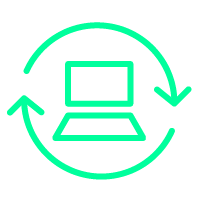
Inefficient use of information systems (68%)

Data interoperability and exchange issues (60%)

Multiple system logins (49%)
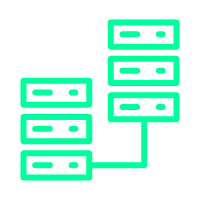
Transfer of data between different systems (45%)

Determining patient authorization for data transfer (42%)
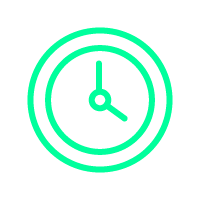
Delayed access to patient-related information (37%)
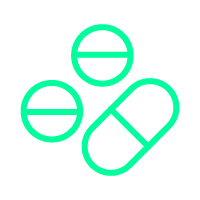
Lack of information for medication reconciliation (30%)

Sharing patient-related information across systems (30%)
Seven solutions to empower care management with technology and data
As the healthcare landscape evolves, efficient care management becomes imperative for improved patient outcomes and streamlined operations. To navigate care management seamlessly, possible solutions can potentially include:
- Connect the disconnected systems: Provide a single ecosystem for providers and care managers to work in or, alternatively, leverage system APIs to transfer the data between different systems automatically.
- Automated workflows to ease provider burden: By leveraging preconfigured content and workflows, care managers are able to focus on higher-value activities. This potentially ranges from using a predefined decision tree and create follow-up tasks to simply scheduling additional appointments automatically after visitation.
- Patient engagement tools to communicate with patients: Enable care managers to scale their program with the ability to identify at-risk patients and communicate with patients or leverage two-way text messaging to reduce communication barriers.
- AI and predictive analytics to identify at risk patients: By analyzing vast datasets, algorithms can pinpoint patterns and trends not easily discernible to humans. These insights help proactively identify patients more likely to face complications.
- Improve care coordination and provider collaboration: Facilitate collaboration among team members with shared workflows, care plans, and tasks. A centralized approach ensures all stakeholders have real-time access to vital information, promoting informed decision-making, and eliminating duplication of efforts.
- Give providers access to comprehensive patient information at the point-of-care: Present alerts to the care provider within the EHR system to respond or react to a care plan. This enables the provider, while in the room with the patient, to review risk and quality opportunities, care plans, utilization history, ADTs, medications, referrals, and potential concerns.
- Deliver performance measurement: In an era where data-driven decisions are paramount, it's essential to equip providers with comprehensive performance reports. These insights not only track and measure clinical outcomes but also empower providers to enhance patient care, ensuring alignment with best practice standards.
Empowered care, empowered future
In the dynamic world of healthcare, care management is pivotal as it bridges patient care with technology and reshapes the healthcare experience. While challenges persist, innovative solutions emerge, blending advanced tools with human touch.

